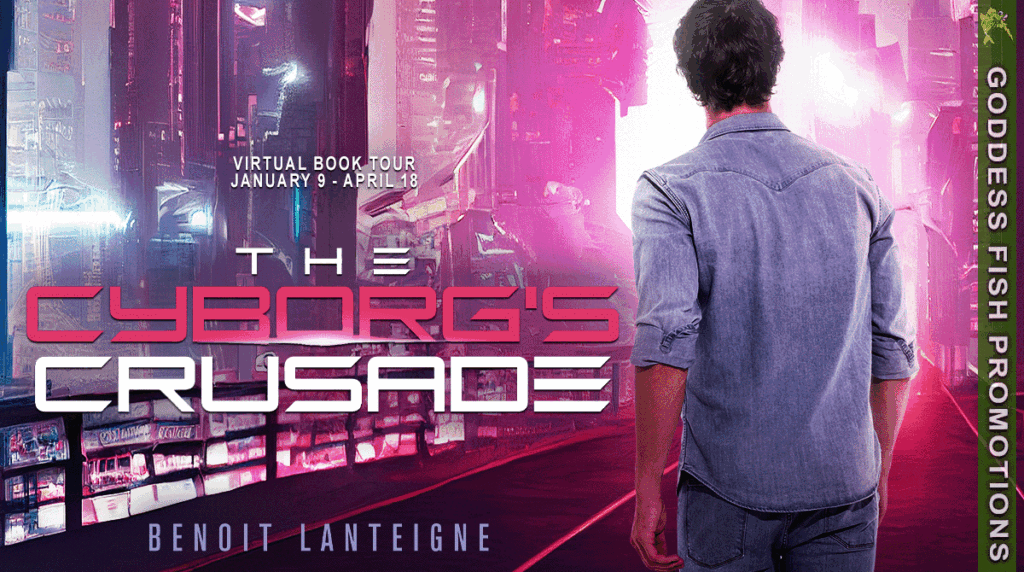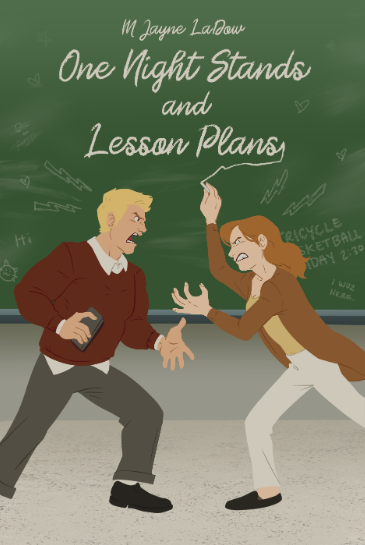This post is part of a virtual book tour organized by Goddess Fish Promotions. One randomly chosen winner via rafflecopter will win a $25 Amazon/BN.com gift card. Click on the tour banner to see the other stops on the tour.
These days, there are a lot of writing rules and I don’t just mean grammar. Stick around the writing community, and you’ll get a ton of info about what you should do and what you should never do. That’s fine, but when I started writing, I struggled with the idea of writing rules. If every author follows the same rule, won’t we all end up “sounding” the same? Doesn’t it go against originality? The answer I’ve come up with is no, but kind of. Keep in mind, I never said it was a good answer.
Over time, I concluded that following common guidelines doesn’t strip away your voice. Everyone is different. Even if two writers follow similar rules and structures, that doesn’t mean their writing styles will be the same. Sure, they might become more similar on the surface, but their unique perspective and personality should still shine through.
What about originality? Perhaps it doesn’t matter. Everything has been done, so why bother trying to be original, anyway? There’s some truth there, but I think that even if your work can’t be completely original, you can at least make your reader feel like it is through excellent execution and a good dose of cleverness.
So, if originality matters, doesn’t following rules stifle it? In a way, yes. Take the three-arc structure, for instance. It’s everywhere, to the point where if your story doesn’t follow a three-act structure, that could be considered a risk. Frankly, it makes movies in particular more predictable, or at least I feel it does for me. But, there’s a reason why it’s so common: it’s super effective while being easy enough to learn. Besides, there’s more to a story than the structure, so you can inject originality in another way. Sometimes restriction can increase creativity by anchoring it within limits. When creativity is left free without boundaries, you can get overwhelmed with possibilities and never produce anything of value.
All right then, problem solved! Rules work and don’t harm originality, so just follow them without asking questions! Well, there’s a flaw in that line of thinking, unfortunately. Following common writing rules will help you create a story that people will enjoy. It’s making things easier and less risky by using the path others forged before you. There’s nothing wrong with that, especially if you are a new writer feeling overwhelmed. However, in that case, you must accept that while your book will be more likely to be good, it won’t be a groundbreaking revelation. If you wish to create a revered masterpiece, you’ll need to take risks, and that means breaking the rules. By doing so, you might become a trendsetter and create new potential rules of your own.
So, should you just ignore the rules? Well, no. To break a rule effectively, you need to know the rules first. Knowing them isn’t enough, you must understand them so you can judge where and when you should diverge from the common path. This can only come from experience. For this reason, my advice is to follow the rules in the beginning. Get familiar with them. See why they work. Then, once they are familiar enough and you are skilled enough, identify the spots where breaking them might be effective and try it.
There’s one more thing I’d like to say on the subject. I’m not the only writer who questioned the validity of rules. Often I see people complaining about writing rules; expressing how they dislike them, or even outright hate them. I think it’s because there are writers out there who push the so-called rules as an absolute truth. They’re not. The rules aren’t the word of God. They’re just training wheels to help you get on your way. I feel they shouldn’t be called rules at all. To me, a better word would be guidelines or maybe suggestions. They’re not mandatory laws that must be obeyed. They’re guidelines that often work well, but you don’t have to follow them. If the concept of writing rules was explained this way more often, I think maybe, just maybe, there’d be fewer writers who are so frustrated with them.
Want proof that writing rules shouldn’t be taken too seriously? Well, how about this? I’m in a book club where we read plenty of books that have been published recently. Most sold well, or were at least critically acclaimed. We read a large variety of books, but they all have one thing in common. They all break the rules. Sometimes they tell instead of showing. Sometimes they use passive voice. Sometimes they have long, complex sentences that are hard to read. Sometimes they use vague words. And so on. If the rules were mandatory, these books wouldn’t have been well received by critics. They couldn’t have been, because they wouldn’t have been published.
How did it come to this? My life used to be so simple. Back then, I hated it; I found it boring. Let me tell you: boring’s good. Boring’s great! I should’ve been thankful…
It was supposed to be a date like any other for James Hunter, a simple convenience store clerk. Nothing more than watching a movie in the town of Moncton. A place as unknown and unimportant as he considered his own existence to be. And yet, while walking to a cinema, James teleports to another world. There, a hostile crowd surrounds him, including various mutants with strange deformities.
Before he can even gather his wits or make a dash for it, a lone ally presents herself in the form of a winged woman named Rose. An important cultural figure in the country where James appeared, she offers him both protection and a home.
Soon, James learns that this new world is divided by a cold war. On one side is Nirnivia, home to Rose. The other, Ostark, led by a mysterious cyborg. James is unaware that the cyborg has him in his crosshairs, thinking of him as the Deus Ex Machina that will end the war in his favor.
But, the cyborg is far from the only potential threat to James. Soon after his arrival, BRR, a terrorist organisation, kidnaps him.
What would a rogue group out for revenge seeking to turn the cold war hot want with someone like James? Is there anyone also aware of this other world who will try to find him? Or is he on his own? If so, how is he supposed to escape? If that’s even an option…
Enjoy an Excerpt
The second that James saw the deformed statue, he deemed it painful to look at. The sculpture depicted a man, but not one of normal proportions. The arms were far too long, paired with short legs, and the right eye appeared thrice the size of the left—nothing compared to the elongated spike forming the nose, or the mouth contorted in a grimace. Now that he sat leaning against the grotesque shape, the figurative ache turned literal as the sharp stone dug into his back.
Even with the intense heat, James shivered. The recent revelations chilled his blood, and no matter how hard it tried, the sun couldn’t warm him again. He rubbed his chin, pondering all he had learned. His hand brushed against his stubble, and he scowled at the itching sensation. Usually he shaved every day, a habit his unplanned trip had broken. Then again, next to his companion, a bit of extra hair was nothing…
The freak still stood a few feet behind, laughing to his heart’s content. What a horrendous chortle. How James yearned to shut him up via his fist. “Gwa ha ah aha ha! Ha ha aha! Ha ha! Come on, why do you take things so seriously? You still don’t get it, do you? Gwha ha ha ha ha! You should laugh more; it’ll do ya good! Gwha ha ha ha ha! Wha ha ha ha! Gwa ha ha!”
About the Author So, my name is Benoit Lanteigne and I’m a French Canadian (outside of Quebec) who’s trying to write in English. That can be tricky. I’m a computer programmer and I enjoy it. I see many inspiring writers who hate their jobs and hope to quit someday, but that’s not my case. Mostly, I’ve worked on websites and web applications.
Back in school, I enjoyed writing and according to my teachers and classmates; I had a talent for it. Well, not so much for grammar and spelling, but they liked my stories. Once I went to university, I dropped writing as a hobby. There were other things I wanted to focus on, such as my career. Then, in the early 2000s, around 2006 I’d say, I had a flash of inspiration. At first, it was a single character: a winged woman with red hair. I didn’t even know who she was, but the image stuck with me. From there, I began figuring out details about her origins and her world, but I only started writing for real in 2009.
It’s been roughly 10 years now, and it’s not yet finished. That’s in part because I write in my spare time, and in part because the scope of the project is huge. Maybe too much so. Still, I’m getting close to the point where I could release something. The question is what’s next? Self-publishing? Attempt traditional publishing? Nothing? I don’t know the answer yet, I’m trying to figure it out. Frankly, sharing my writing is difficult for me, and whatever I end up doing, as long as I make it available to people I consider the experience a victory no matter what comes out of it.
Buy the first book in the series for only $0.99 at Amazon.

























